A trip to New Orleans is a voyage through time, through a history thick with contradictory layers, heated by much tragedy and some absurdity. Hurricane Katrina wasn’t the first tragedy that disrupted the city, and it won’t be the last. It’s no accident that Tennessee Williams was repeatedly drawn here, with two of his most famous plays—A Streetcar Named Desire and Suddenly Last Summer—set in the city. Throughout my four-day visit to NOLA, I was constantly reminded of Williams and came to a new appreciation of his work in light of the city and its particular culture. It’s a hybrid culture, with the original parts—French, African, Creole and a bit of Wild West—still very much alive.
I happened to arrive the weekend of the Tennesse Williams New Orleans Literary Festival, and there were programs at the Hotel Monteleone in the Vieux Carre, or French Quarter, near where Williams used to find lodgings. The French Quarter retains a certain honky-tonk quality, chockablock with bars, gift shops, restaurants and art galleries. The latter are mostly of the tourist variety, with some remarkably good ones thrown in.
The largest and grandest is M. S. Rau, which has a small storefront, but expands as you enter, and continues to upstairs galleries. They handle an astonishing range of antiques from silver and jewelry to Wedgewood and fine art. They were having a curated exhibition of some 40 pieces of museum-quality 18th- and 19th-century fine art, “Innocence, Temptation and Power: The Evolution of Women in Art”, included paintings, drawings, sculpture by Berthe Morisot, Matisse, Picasso, Renoir and Norman Rockwell. Bill Rau, third generation owner of M. S. Rau, curated the show, and has written, “Truly a period of transformation, the end of the 19th century can be characterized also as an era of contradiction… While, in many instances, women still found themselves regarded as secondary citizens, it was the onset of industrialization and the corresponding growth of the middle class that began to expand the role of women in society.” In Excuse Me (1917), a comical oil painting Rockwell did for Judge magazine, a modern young woman rebuffs a well-to-do nerd in suit and tie for her current beau, a robust young soldier in uniform. This was done at the beginning of WW I, so it’s about a woman exercising choice but also about being patriotic.
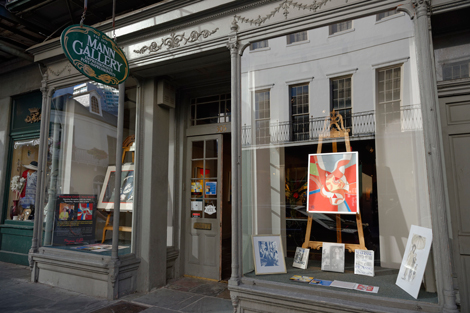
Vincent Mann Gallery, 305 Royal Street in the French Quarter – photo by Photo by Frank L. Aymami III
Also on Royal Street, the Mann Gallery had a solo show by Francoise Gilot. As a young artist, she met Picasso in 1943, and they became an item for a decade—she’s the mother of Paloma. This exhibition included works from the 1940s to recent years. I preferred the older work—a pencil drawing of Maya Picasso (1953) with deep-set eyes and an oil portrait of two of her children against a gray background (1955) were evocative. The recent paintings are geometric abstractions, and most seem uninspired and flat.
The Red Truck Gallery is also down Royal, in the other direction, and it was a delight to see them on home base—I’ve long admired the Outsider Art/Goth aesthetic they bring to the Littletopia section of the L.A. Art Show every January. I saw some more work by Evan B. Harris there, and always enjoy how he interweaves a vintage advertising illustration style with Surrealism.
Of the museums visited, the most interesting was the Ogden Museum of Southern Art, where I saw three shows which reflected the South in different and vibrant ways. One was closely tied to NOLA, since it was a show of local artists in their studio (up till Sept. 6) by Tina Freeman, who has long been photographing artists. I happened upon the panel discussion for this, especially notable for the fact that you could purchase mixed drinks at the table before entering the auditorium— and take your drink in.
There I also came across a small but choice selection of paintings by Tennessee Williams. “Tennessee Williams: The Playwright and the Painter” featured small oil paintings he made at his Key West cottage—he did these to rest from his writing labors, and the subjects are friends, fantasies and characters from his plays. They are in light, rather pastel tones, and done in a loose, expressionistic style, showing a wry side to his melancholic nature. Yes, I did manage to catch a couple events at the Williams lit fest. One was a Southern Rep production of Suddenly Last Summer—you may have seen the 1959 movie version, with Katharine Hepburn playing the imperious Mrs. Venable and Elizabeth Taylor, overdressed and over-tarted, playing her about-to-be-lobotomized niece, Catherine. The Rep production was rather dreadful, ruined by overacting. However, I suddenly understood the context and references of the play so much better—for one thing, I was staying in the Garden District, where the play was set. When a character mentioned Prytania Street, I could picture it, for I was staying on that street, where most of the houses are a century old or more. I also understood the hypocrisy and denial at the heart of the play’s tragedy, for in an old culture like New Orleans, there is always the acceptable surface and there is the beast inside, which must sometimes break free.
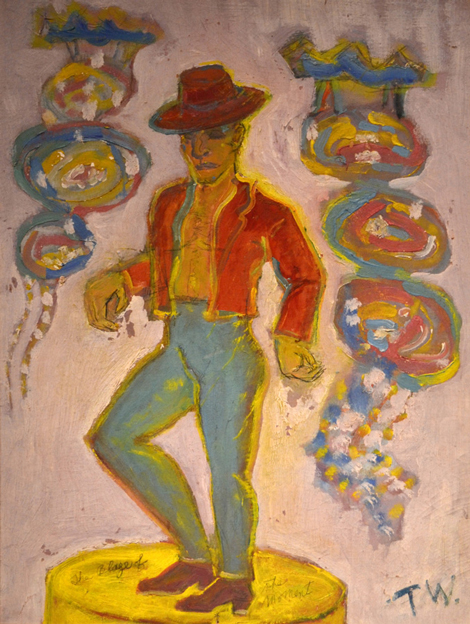
Tennessee Williams, The Blaze of the Moment, c1970s, Collection of David Wolkowsky, Courtesy of the Key West Art & Historical Society
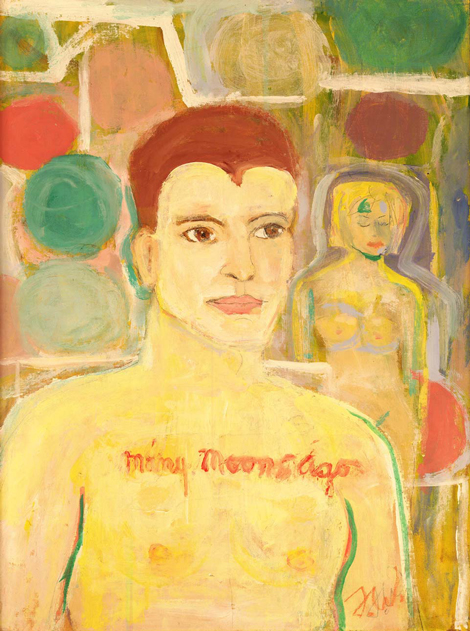
Tennessee Williams, Many Moons Ago, 1980, Ogden Museum of Southern Art,
Gift of the Roger H. Ogden Collection
The other event was a “Stella” shouting contest by Jackson Square, which ends the lit fest. Contestants shout from a balcony and from below, and it was hilarious—with lots of drinking above and below, as is often the case in NOLA. I didn’t wait for the results, but made it back over to Royal to hear a couple of very remarkable musicians I’d heard earlier in the day—Tanya and Dorise, virtuoso violinist and guitar player. They were still playing on Royal, although now in the corner doorway of a store closed for the day. They often play familiar pop tunes, but when Tanya Huang goes off on a riff, her improvisations are sheer genius, and the violin becomes as plaintive and as compelling as the human voice.

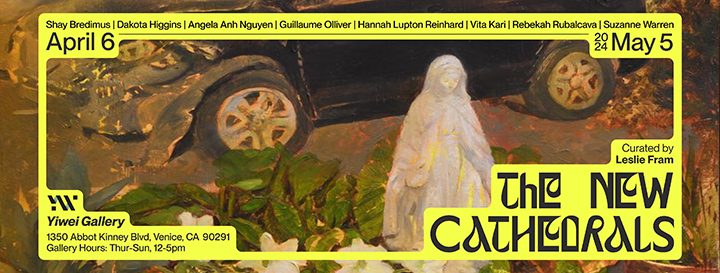



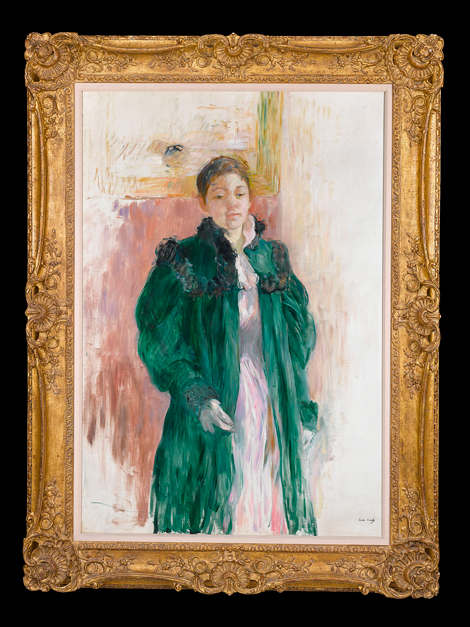
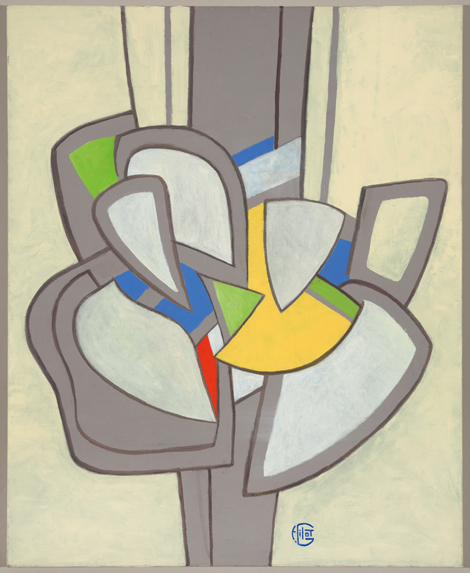
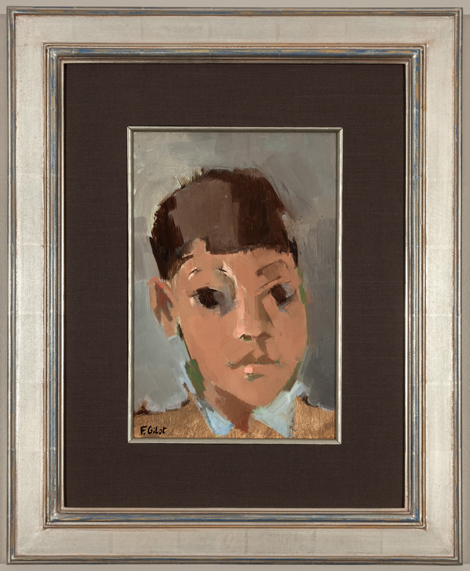
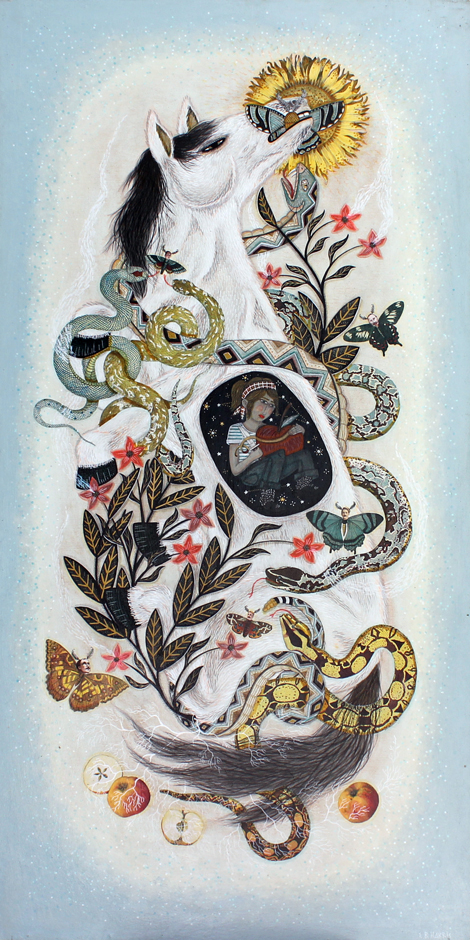
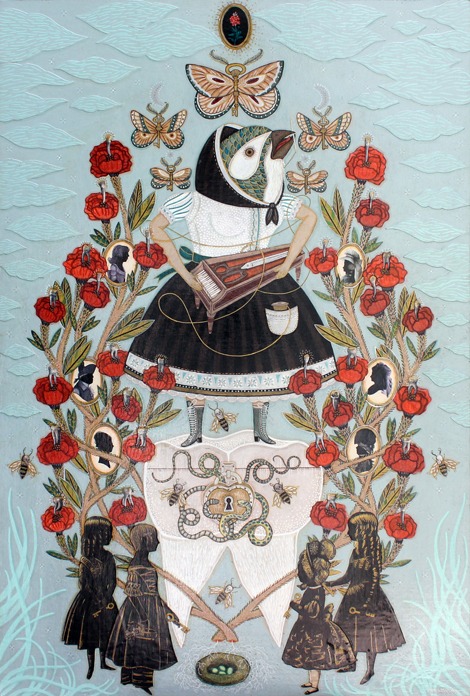
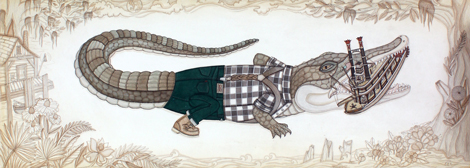
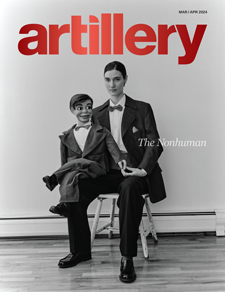

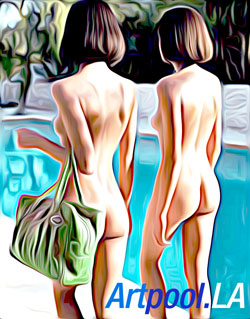
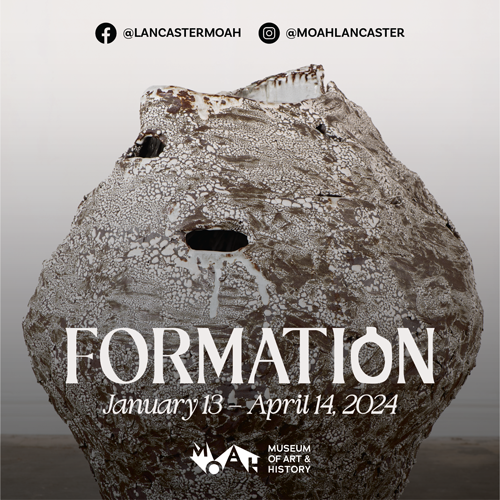

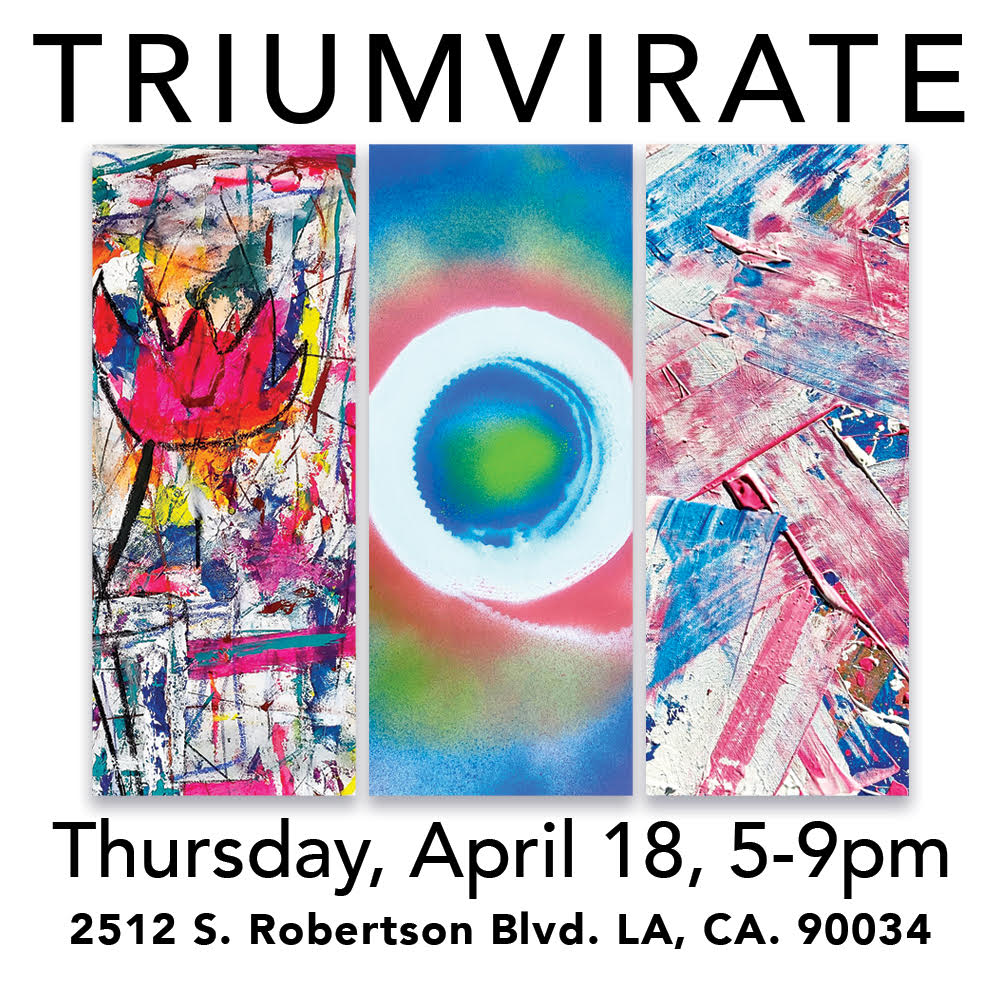


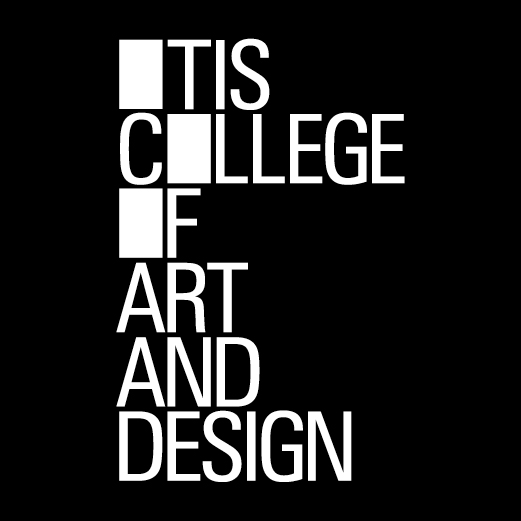
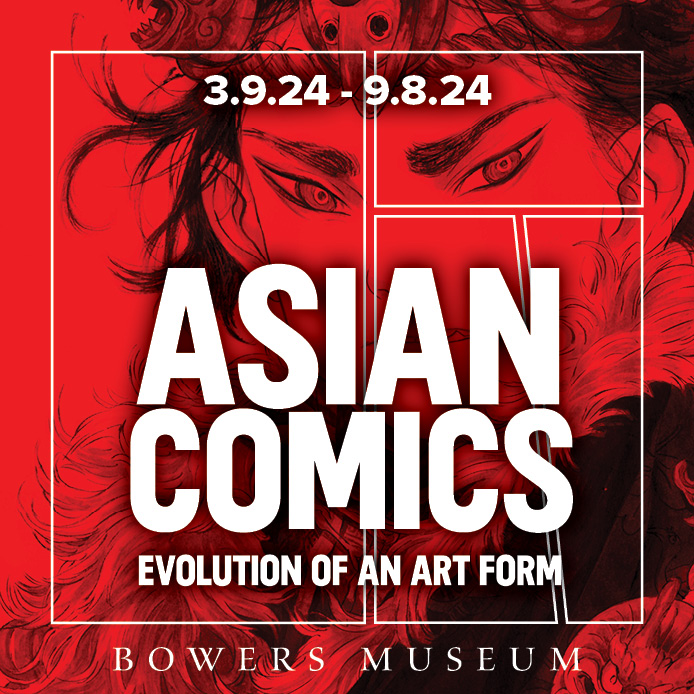
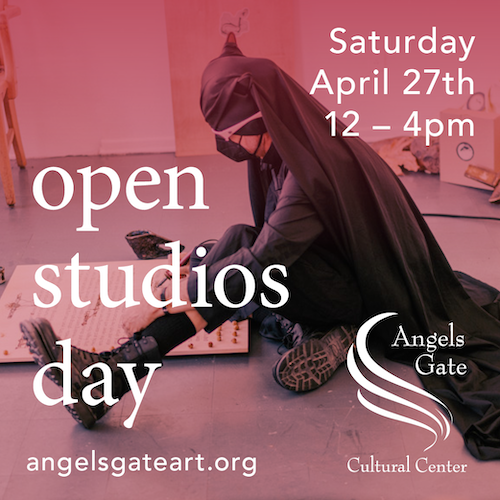
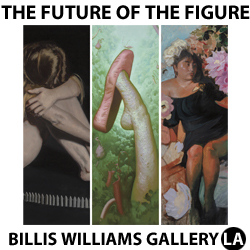
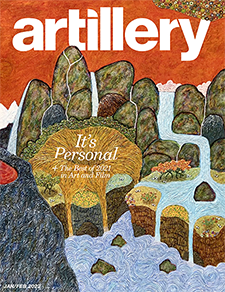
0 Comments